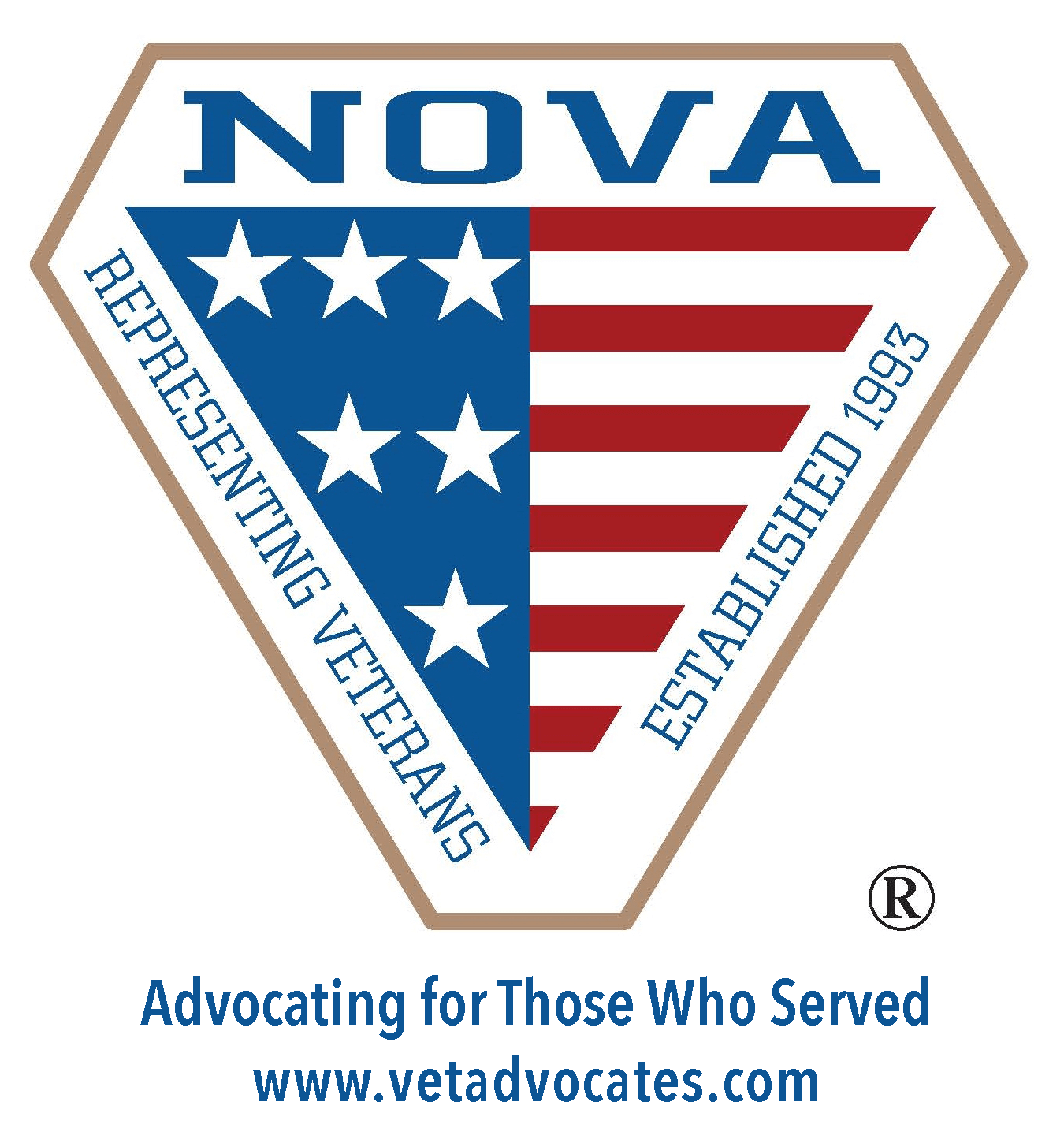The VA offers disability for a variety of service-connected mental conditions, including schizoaffective disorder. If you have schizoaffective disorder and believe your condition was caused or made worse by your service, you may be entitled to disability compensation. Read on to learn more about what schizoaffective disorder is, how the VA rates it, and what steps you can take if the condition keeps you from working.
Talk to Us About Your Claim:
(866) 232-5777
In this article about VA benefits for schizoaffective disorder
What is schizoaffective disorder?
Schizoaffective disorder is a mental health condition that includes symptoms of schizophrenia paired with a mood disorder. The two types of schizoaffective disorder are bipolar type, which is characterized by both manic and depressive episodes, and depressive type, which is characterized by depressive episodes only.
People with schizoaffective disorder may experience symptoms like delusions, hallucinations, difficulties with communication, bizarre behavior, and more. This disorder is often also characterized by seeing or hearing things that aren’t there, jumps in mood, and struggles maintaining hygiene, work, and friendships.
People with schizoaffective disorder are considered to be at a higher risk for unemployment, homelessness, suicidal thoughts or attempts, and various mental and physical health problems.
The disorder may be treated with some combination of antipsychotics, antidepressants, mood stabilizers, psychotherapy, and cognitive-behavioral therapy.

Causes of schizoaffective disorder
The exact causes of schizoaffective disorder are not yet fully understood. However, there are certain factors that have been identified as putting a person at an increased risk for schizoaffective disorder. A person may experience only one or multiple risk factors:
- Genetics – Schizoaffective disorder can run in some families.
- Brain chemistry – Early research shows there may be certain unique qualities in how the brain functions or is structured in people with schizoaffective disorder.
- Stress – Particularly stressful events can trigger the onset of symptoms.
- Drug use – Certain psychoactive drugs may be connected to the onset of symptoms. Drug use does not necessarily bar a veteran from receiving VA disability compensation for schizoaffective disorder even though VA clinics may perform drug tests.
Is schizoaffective disorder the same as schizophrenia?
Schizophrenia and schizoaffective disorder are two different mental health disorders. While there are overlapping symptoms, the primary difference comes down to the dominance of the psychosis versus a mood disorder. In schizoaffective disorder, a bipolar or depressive mood disorder plays a very significant role. In schizophrenia, while there may be some symptoms of a mood disorder, the episodes of psychosis are more significant or prominent.
VA rating for schizoaffective disorder
Schizoaffective disorder is listed as diagnostic code 9211 and rated under the General Rating Formula for Mental Disorders as follows:
| Description | Rating |
|---|---|
| Total occupational and social impairment | 100% |
| Occupational and social impairment, with deficiencies in most areas | 70% |
| Occupational and social impairment with reduced reliability and productivity | 50% |
| Occupational and social impairment with occasional decrease in work efficiency and intermittent periods of inability to perform occupational tasks (although generally functioning satisfactorily) | 30% |
| Occupational and social impairment due to mild or transient symptoms which decrease work efficiency and ability to perform occupational tasks only during periods of significant stress, or symptoms controlled by continuous medication | 10% |
| A mental condition has been formally diagnosed, but symptoms are not severe enough either to interfere with occupational and social functioning or to require continuous medication | 0% |
The formula also includes examples of symptoms that might be present at the different rating levels. This criteria would be used to help evaluate a veteran’s condition at their C&P exam for mental health.
Service connecting schizoaffective disorder
To receive VA disability compensation for the condition, a veteran must be able to service connect their schizoaffective disorder.
One way you may be able to service connect the condition is if you were experiencing a mild, more manageable version of the symptoms of schizoaffective disorder before enlisting and that the stress or other aspects of your service aggravated the symptoms. It is also possible your schizoaffective disorder could be directly or secondarily caused by your service.
Regardless of what type of service connection you’re seeking, you will need to provide relevant evidence and a medical nexus that proves the condition came about or worsened as a result of your service.
Help for veterans who can’t work due to schizoaffective disorder
Veterans who can’t work from service-connected schizoaffective disorder may be eligible for total disability based on individual unemployability (TDIU) benefits. Schizoaffective disorder can render many veterans unemployable as the condition puts them at an increased risk of difficulties maintaining employment.
TDIU benefits do not require veterans to obtain a 100% VA rating for their conditions, but they pay at the same rate. Receiving TDIU typically requires you to have:
- At least one service-connected disability rated at least 60% OR
- Two or more service-connected disabilities, at least one disability ratable at 40% or more, with a combined rating of 70% or more
If you obtain a high enough schizoaffective disorder VA disability rating or have other service-connected conditions that fit this criteria, you may consider pursuing TDIU benefits. TDIU pays at $3,737.85 each month.
“They brought me from being stuck at 30%. Denial after denial. Finally rated at 70%. Appealed for total and unable to work disability since 2014. Without Woods and Woods, I would still be stuck at 30%.“
How Woods and Woods can help
It can be difficult for you to prove your condition is related to your service. It can also be hard navigating the various forms, rules, and appeals of the VA system. Our experienced team of lawyers, case managers, and support staff have helped thousands of veterans build a case and get the disability compensation they deserve. We are ready to do the hard work for you, and we will only charge your case expenses and a percentage of your back pay if you win. We never touch your future incoming disability payments. Call us today for a case evaluation.
Talk to Us About Your Claim:
(866) 232-5777
FREQUENTLY ASKED QUESTIONS
Yes, it is possible for a veteran to receive total disability based on individual unemployability (TDIU) for schizoaffective disorder through the VA if they cannot work and fit the eligibility criteria.
While the symptoms of multiple mental health conditions may be factored into a veteran’s final rating, the VA will only issue the veteran one rating under the General Formula for Mental Disorders at any given time.



